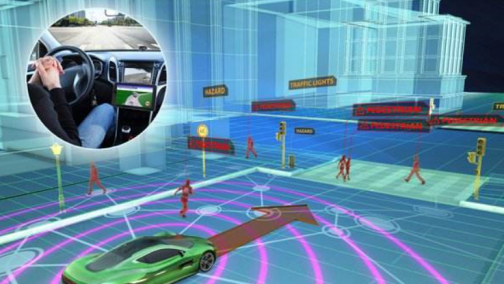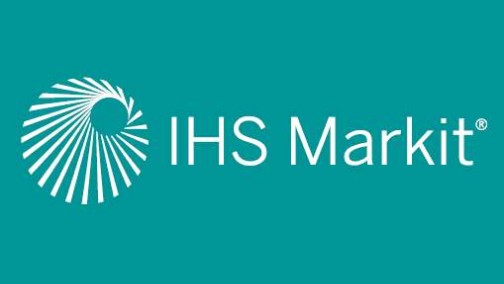一个人,在他的有生之年,最大的不幸不在于曾经遭受了多少困苦挫折,而在于他虽然终日忙碌,却不知道自己最适合做什么,最喜欢做什么,最需要做什么,只在迎来送往中匆匆度过一生。
Microsoft’s quantum programming language out now in preview
Microsoft launched a preview version of a new programming language for quantum computing called Q#. The industry giant also launched a quantum simulator that developers can use to test and debug their quantum algorithms. The language and simulator were announced in September. The then-unnamed language was intended to bring traditional programming concepts—functions, variables, and branches, along with a syntax-highlighted development environment complete with quantum debugger—to quantum computing, a field that has hitherto built algorithms from wiring up logic gates. Microsoft's hope is that this selection of tools, along with the training material and documentation, will open up quantum computing to more than just physicists. Given that quantum computers are still rare, Microsoft has built an as-yet-unnamed quantum simulator to run those quantum programs. The local version, released as part of the preview, can support programs using up to 32 quantum bits (qubits), using some 32GB of RAM. Microsoft is also offering an Azure version of the simulator, scaling up to 40 qubits.
True quantum computers use cryogenic temperatures and are limited to a handful of qubits. Unwanted interactions between qubits and their environment mean that effective quantum algorithms need not only qubits for the actual calculation but also additional qubits for error detection and detection.
Microsoft unveils Quantum Computer at MSIgnite 2017
Microsoft presents Quantum Computer within MSIgnite 2017 on September 25, 2017. Microsoft’s CEO Satya Nadella announced new Microsoft Cloud Computing Platform and Quantum Computer from Microsoft. There are also a lot of updates for Microsoft 365.Microsoft announced updates for Azure. This is the compact version of Microsoft Quantum Computer Presentation within MSIgnite 2017 on September 25, 2017.








 扫一扫关注微信
扫一扫关注微信